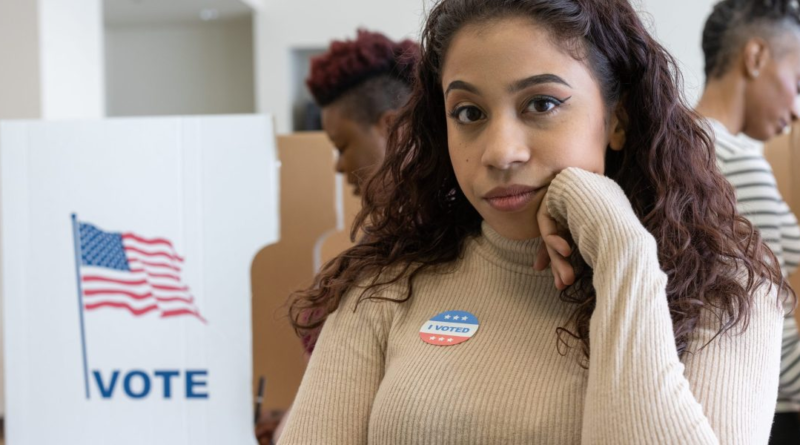Young voters’ top concern isn’t abortion—they care more about finding an affordable place to live, a new survey shows
In an election year, economic concerns always matter. It’s no different this year, and why would it be? And on paper, the economy is doing fine, but that’s not really how it feels for typical Americans, and there’s a reason for that: Housing.
Throughout the pandemic-fueled housing boom and in the aftermath, housing affordability deteriorated at its fastest pace. Home prices skyrocketed, rents soared, and mortgage rates followed, to put it simply. A lot of people can’t afford to buy a home and some can barely afford rent, and that’ll influence voters when they head to the polls. We’re already seeing it unfold: 91% of adult Gen Zers say housing affordability is top of mind as they consider who to vote for in November’s presidential election, according to a Redfin-commissioned survey released today.
It’s the key issue for the generation, surpassing the strength of the overall economy, education, gun control or gun rights, and abortion. Housing affordability came ahead of preserving democracy, immigration, student debt, and foreign wars or geopolitical conflict, too. And these are all topics Gen Z has been vocal about, but it’s no surprise housing is a focal point. Last year was the least affordable year for housing on record, according to Redfin. Only 26% of Gen Z adults (those between 18 and 27 years old) own a home, per Redfin, and others are paying costly rents.
“Housing affordability is a cornerstone of this year’s presidential election because even though the economy is fairly strong, unemployment is low, and wages are rising, buying a home feels impossible for many Americans,” Redfin senior economist Elijah de la Campa said alongside the survey findings.
He continued: “This is particularly the case for young people, who have seen the cost of starter homes increase twice as fast as incomes. Young people care about other political issues, like immigration and abortion rights, but they’re more likely to cite housing affordability as a factor in their vote because it directly impacts the roof over their head, their lifestyle and their ability to build wealth.”
Millennials, Gen Xers, and baby boomers all chose the strength of the overall economy as the top factor or concern influencing their presidential pick, the survey found. “Still, at least 80% of every generation said housing affordability is an important factor,” according to Redfin. Housing affordability was third on millennials’ list of issues, fourth for Gen Xers, and both unsurprisingly and surprisingly, sixth for baby boomers (unsurprisingly because baby boomers are probably generally concerned about housing affordability for their children; and surprisingly, because a lot of them own their homes outright and have seen their values soar).
A separate Redfin-commissioned survey from earlier this year, which took a broader look at the landscape, found more than half of homeowners and renters said housing affordability is influencing who they plan to vote for in the upcoming presidential election. Almost two-thirds of homeowners and renters said housing affordability makes them feel negatively about the economy.
At the time, Redfin chief economist Daryl Fairweather, said: “Housing affordability is top of mind for voters because elevated mortgage rates and home prices, along with an acute housing shortage, have pushed the dream of homeownership out of reach for many Americans. While the economy is strong on paper, a lot of families aren’t feeling the benefits, because they’re struggling to afford the house they want or already live in. As a result, many feel stuck, unable to make their desired moves and life upgrades.”
That sentiment has only swelled in recent months; the survey findings released today prove that. An independent analysis conducted by a former Barclays analyst and Substack writer Aziz Sunderji, that Fortune previously covered, found homeowners are twice as likely to identify themselves as strongly Republican than renters—and renters far more often identify themselves as strongly Democrat. Another study found swing counties, where home prices increased substantially in the four years leading up to an election, were more likely to vote for the incumbent candidate. Still, we’ll see if those dynamics shift this year, or how they’ll play out. For now, welcome to the housing election.




